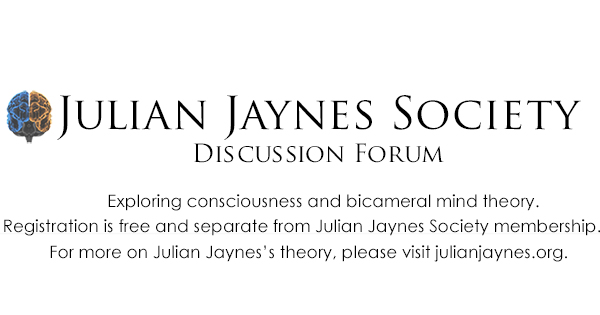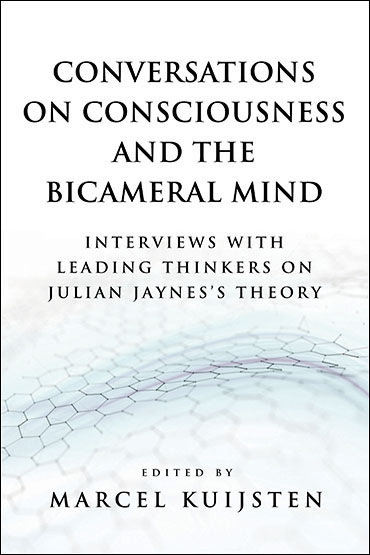“If all you have is a hammer, everything looks like a nail,” Abraham Maslow
Building a house requires tools and building materials. Put hammers, saws, and levels together with lumber, concrete, and nails, and we have a habitable edifice. Materials do not, obviously, spontaneously build themselves into a finished product. The same is true of human knowledge. Science demands a fitness and properness of instruments. A microscope is not much use in astronomy, and a telescope doesn’t help much when investigating cellular structures. Useful knowledge is produced when we apply the appropriate methodology to raw data. Of course, there’s the problem of what constitutes “raw information,” since this in itself is an outcome of prior research procedures. In any case, our conceptualizations of the world are the product of an intellectual perspective that processes empirical experience. Scholarly fields are lenses that shape our perceptions of whatever is being scrutinized.
Logical coherence materializes when the language we use to unravel an enigma is well defined, clear, and concise. Indeed, words themselves are implements wielded to sculpt a better view of what perplexes us. The history of science is the constant coining of novel terminology to keep one step ahead of the rush of dizzying, relentless reality. Problems of an abstract, theoretical nature become solvable when we apply the most apt vocabulary. This applies to all types of endeavors. Using legalese to guide the hands of a surgeon in an operating room or employing a physicist’s technical terms to settle a court case is, needless to say, inappropriate. But even in specific fields of science, with their carefully cultivated gardens of what seems like jargon to the lay person, inapplicable linguistic use leads to unproductive ends.
Consider “consciousness,” a topic that is complicated enough. The word itself possesses a number of definitions and misleading associations, such as perception and problem-solving cognition (“thinking”); these psychological processes, at least per Jaynes’s definition of consciousness, can be disentangled from consciousness which is a singular, distinct form of mentation. The lack of a suitable set of terms and approaches makes consciousness more mysterious and mystifying than it has to be. Using the wrong intellectual tools, whether laboratory devices or linguo-conceptualizations, to study the slipperiness of subjective introspectable self-awareness leads to dead ends. Some of us, dazzled by the instrumental wizardry of science, unthinkingly fall into the trap of believing conscious interiority possesses a “thingness,” which places it in the same realm as neurons, neuroanatomical parts, and biochemicals. That is not to say that these entities are unrelated to consciousness. But the relationship between first-person subjectiveness and third-person objectivity is far more subtle than current neuroscience suggests. The Jaynesian paradigm, which sees the origins of consciousness in culturalhistorical developments (not evolutionary changes) and the metaphoric basis of experience, offers us a research agenda that is sophisticated as well as scientific.
Applying the Appropriate Intellectual Tools to Analyze Consciousness
Posts by anthropologist, mental health counselor, and author Brian J. McVeigh on Julian Jaynes's theory and related topics.
Return to “Brian J. McVeigh's Random Thoughts”
Jump to
- JJS Forum
- ↳ General Discussion
- ↳ News Items Related to Jaynes's Theory
- ↳ Book Discussion: The Origin of Consciousness and Julian Jaynes Society Publications
- ↳ Myths, Misconceptions, and Fact Checks About Julian Jaynes's Theory
- ↳ Brian J. McVeigh's Random Thoughts
- ↳ Julian Jaynes
- ↳ Conferences, Events, and Local Discussion Groups
- ↳ Lecture Discussion
- ↳ Interview and Q&A Discussion
- ↳ 1.0. Hypothesis One: Consciousness Based On Language
- ↳ 1.01. Hypothesis One: Consciousness Based On Language | Subtopic: Consciousness & Dreams
- ↳ 1.02. Hypothesis One: Consciousness Based On Language | Subtopic: Consciousness in Children
- ↳ 1.03. Hypothesis One: Consciousness Based On Language | Subtopic: Consciousness and AI
- ↳ 2.0. Hypothesis Two: The Bicameral Mind
- ↳ 2.1. Hypothesis Two: The Bicameral Mind | Subtopic: Auditory Hallucinations in Normal Adults
- ↳ 2.2. Hypothesis Two: The Bicameral Mind | Subtopic: Hallucinations & Imaginary Companions in Children
- ↳ 2.3. Hypothesis Two: The Bicameral Mind | Subtopic: Hypnosis, Possession & Altered States of Consciousness
- ↳ 2.4. Hypothesis Two: The Bicameral Mind | Subtopic: Religion & the Bicameral Mind
- ↳ 2.5. Hypothesis Two: The Bicameral Mind | Subtopic: Schizophrenia
- ↳ 2.6. Hypothesis Two: The Bicameral Mind | Subtopic: The Mentality of Pre-Literate & Pre-Modern Peoples
- ↳ 3.0. Hypothesis Three: Dating the Development of Consciousness
- ↳ 4.0. Hypothesis Four: Jaynes's Neurological Model for the Bicameral Mind
- ↳ The Bicameral Mind in Fiction, Film & Popular Culture
- ↳ Information for Students


